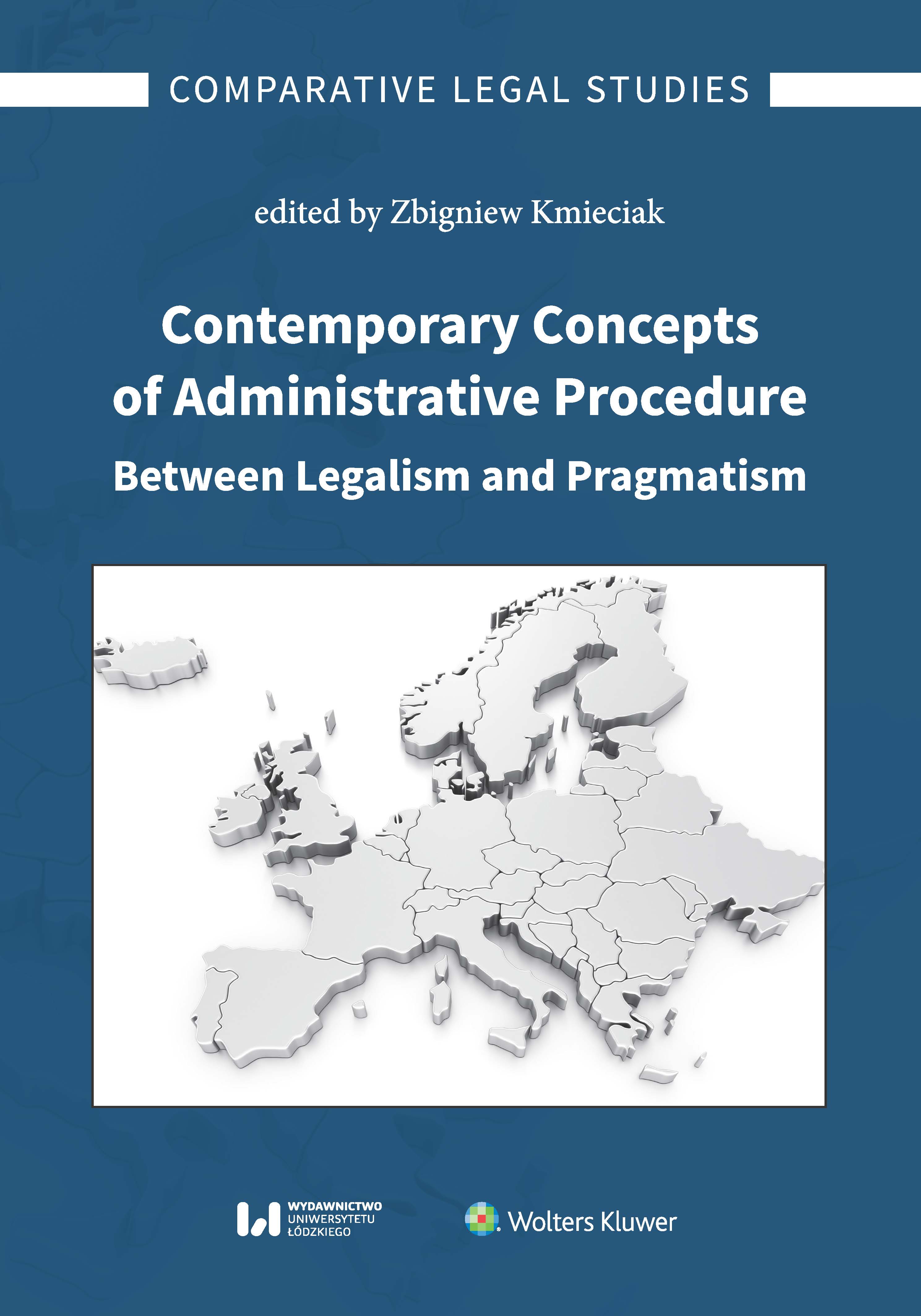Coexistence of Traditional and Modern Administrative Proceedings and Acts in Public Administration in the Czech Republic
Coexistence of Traditional and Modern Administrative Proceedings and Acts in Public Administration in the Czech Republic
Author(s): Kateřina Frumarová
Subject(s): Law, Constitution, Jurisprudence, Administrative Law
Published by: Wydawnictwo Uniwersytetu Łódzkiego
Keywords: Czech Republic; public administration; administrative proceedings and acts
Summary/Abstract: The chapter deals with the current concepts of administrative proceedings and new forms of public administration activities in the Czech Republic. The Czech legal regulation of administrative proceedings was based on the traditions of the Austro-Hungarian Empire legal construction and for a long time the traditional model of administrative proceedings was the only or at least its dominant type. However, in the last twenty or thirty years, the situation is changing significantly, and this legal regulation is beginning to reflect new modern tendencies concerning, among other things, procedural forms and measures for their implementation. These new trends are also notably reflected in the current legislation on administrative procedural law, namely in the Czech Administrative Procedure Code. The Czech legislator is well aware that a modern public administration shall implement its tasks and goals not only in the form of a traditional procedure. Public administration should serve the public and follow the principles of “good governance”. It is the new procedures that are the subject of the Administrative Procedure Code that are intended to help achieve this goal. This involves, for example, enshrining the institute of a measure of a general nature, which enables the protection of the rights and interests of wider groups of addressees of administration activities, not just the participants to proceedings. This strengthens the principle of participation, openness and democratization of the public administration. The new types of proceedings are further characterized by the fact that they are less formalized, simplified, and intended to “replace” the existing traditional administrative proceedings. As examples can be given: subordinating public contracts or issuing the so-called permits in construction law. Owing to these legal constructions the principle of speed and economy in the performance of public administration is implemented. Both the traditional and new administrative procedures and acts are significantly regulated and codified in the Administrative Procedure Code. It is the Administrative Procedure Code that addresses another fundamental issue related to this problematic. It is a certain necessary degree of legal regulation of all the procedures of public administration bodies (traditional and modern) and meeting the minimum standards for protection of the rights of interested persons and the public interest. Setting the boundaries between procedural pragmatism and efficiency on the one hand and the rule of law on the other hand is not an easy task. The Czech legislation has chosen a suitable solution, which consists of enshrining the so-called basic principles of the activity of administrative bodies in the Administrative Procedure Code.
Book: Contemporary Concepts of Administrative Procedure. Between Legalism and Pragmatism
- Page Range: 197-208
- Page Count: 12
- Publication Year: 2023
- Language: English
- Content File-PDF

